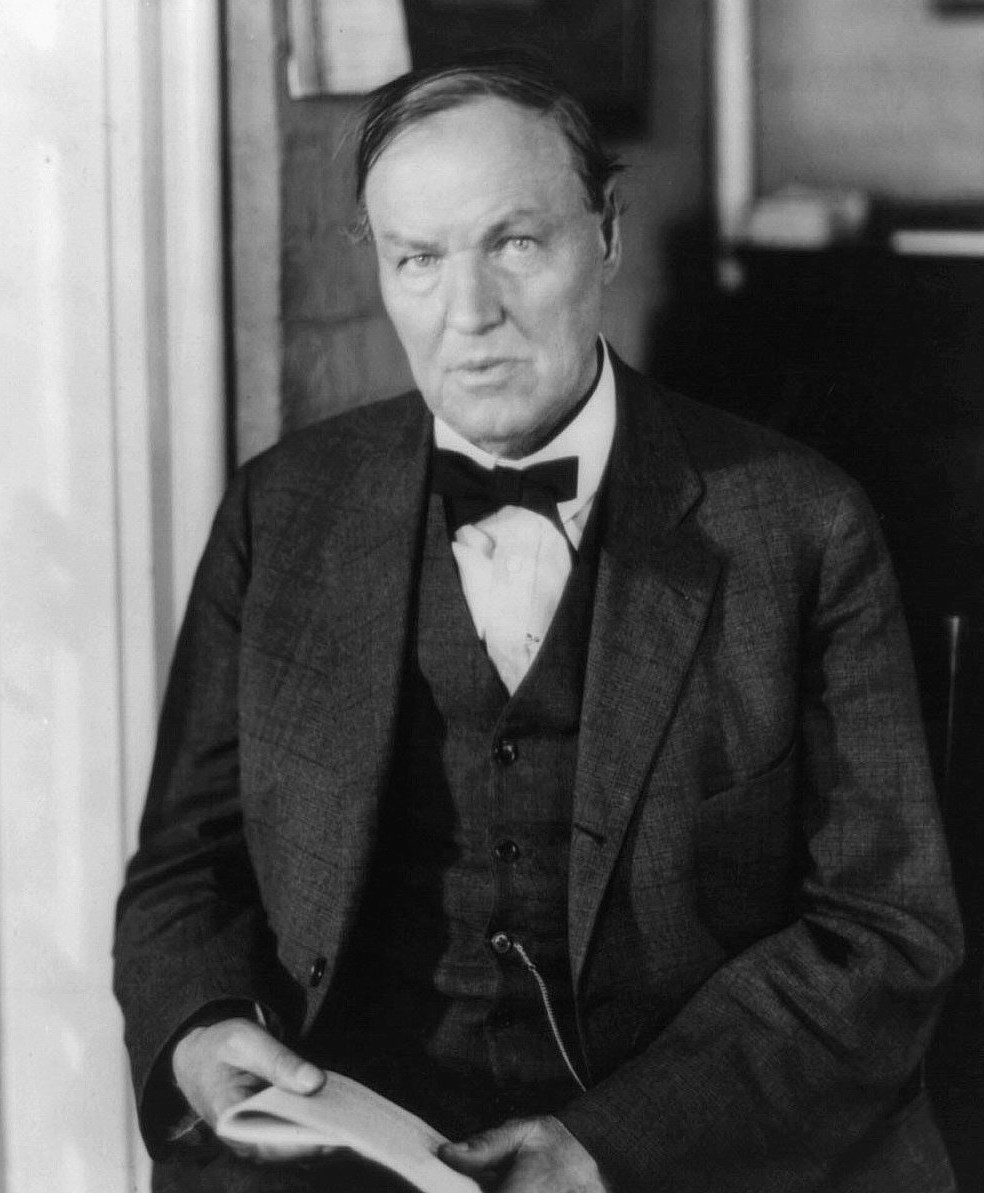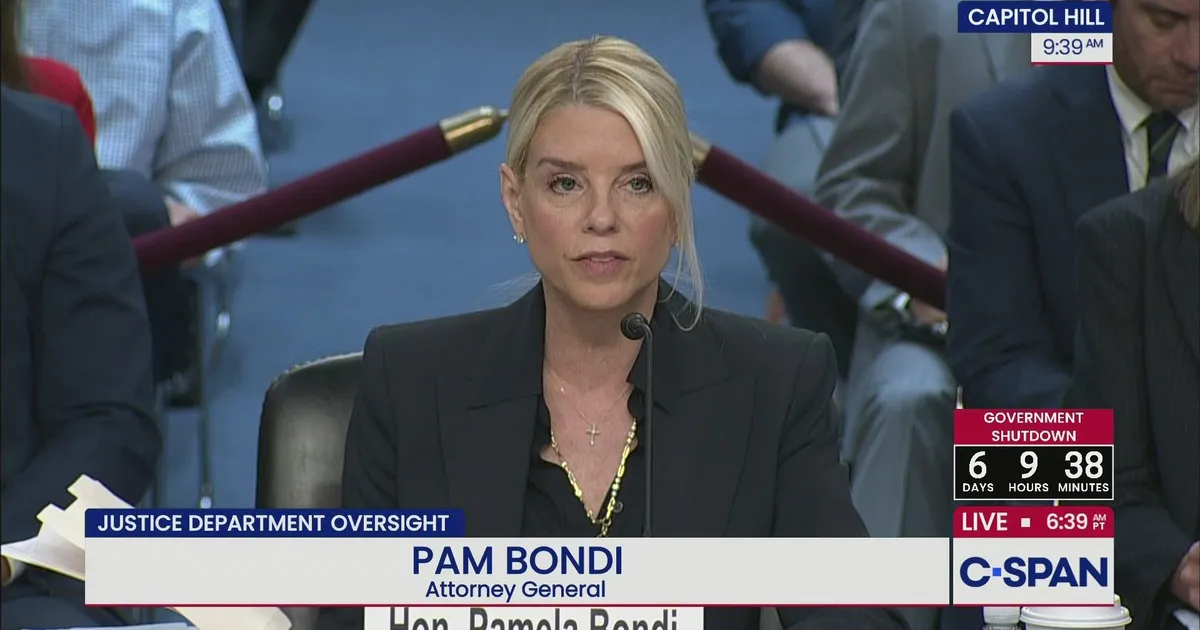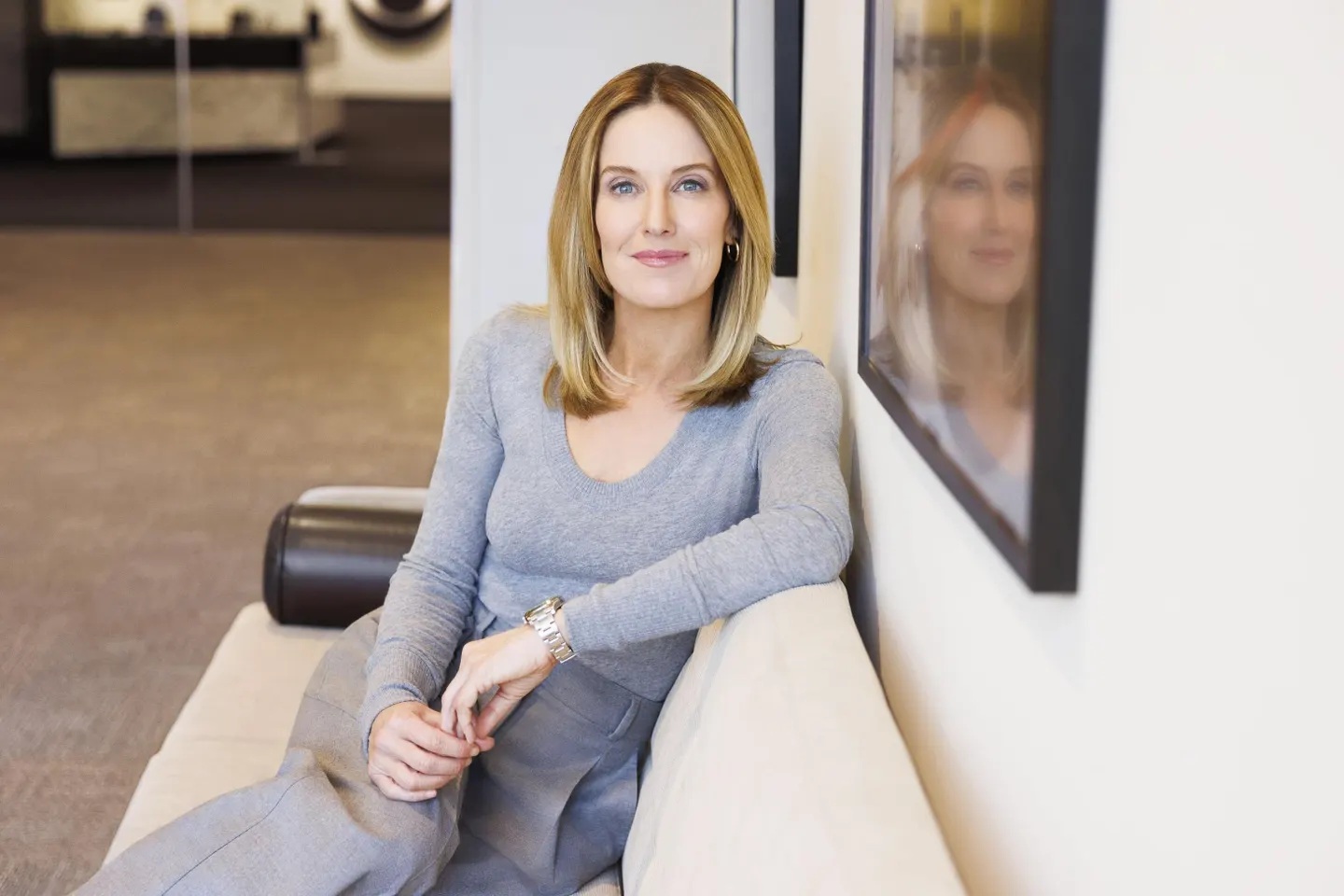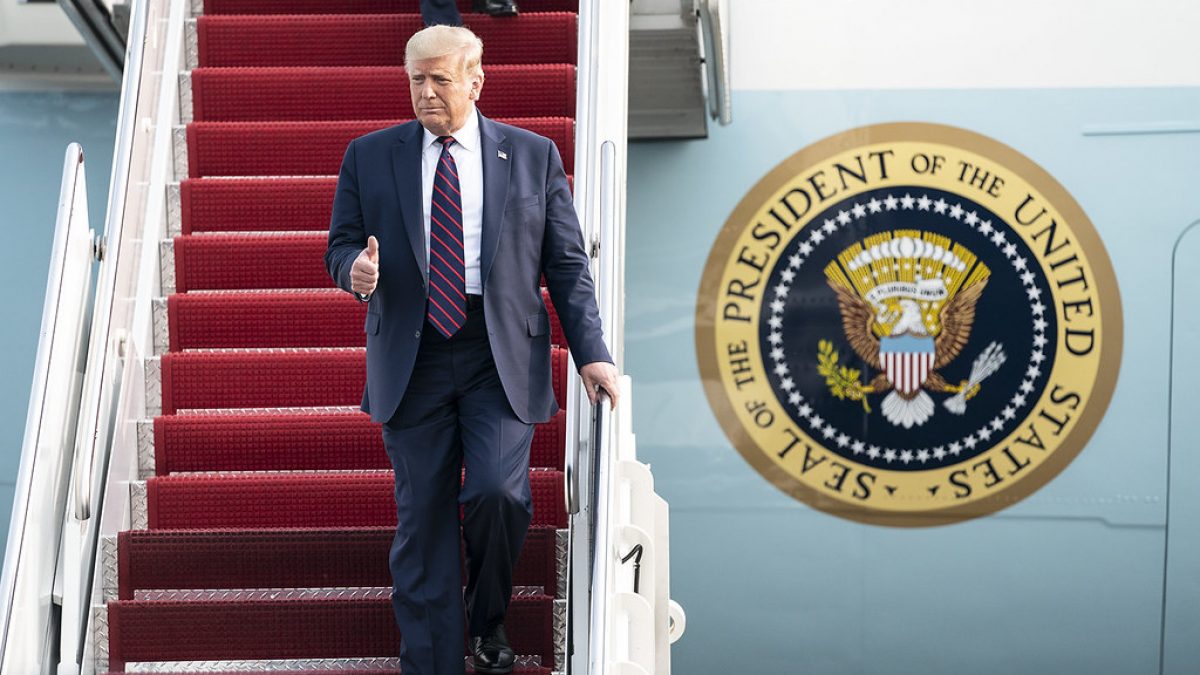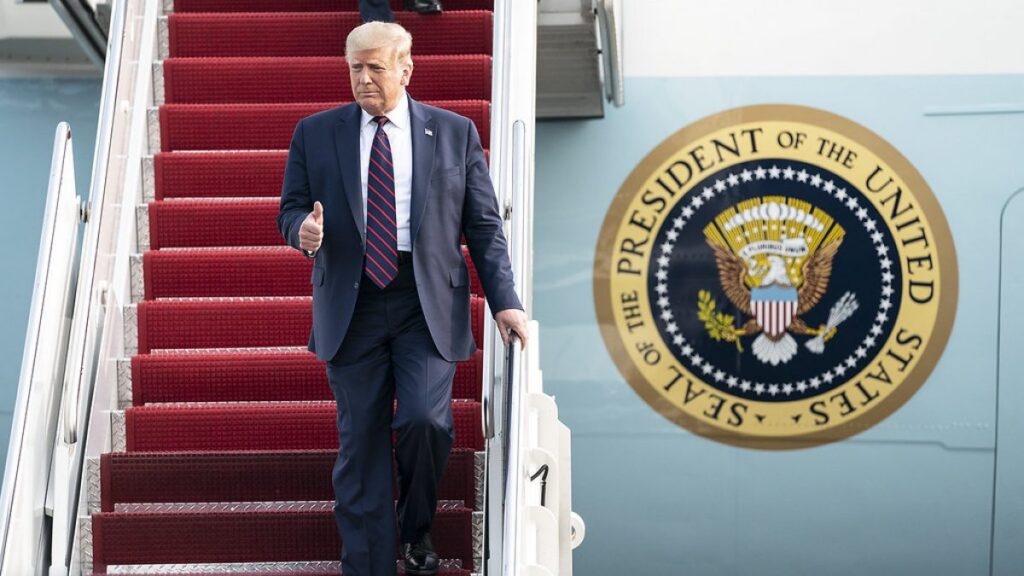
Several times, I’ve been asked why I spend so much time writing about President Donald Trump.
Two reasons (I’ll get to the second later): So many of his actions go far beyond the pale of ethical propriety. It’s not just that the lines are crossed, it’s how shamelessly they’re erased.
Let’s focus on one issue: a conflict of interest. It’s a clear red flag that signals that personal interests override professional judgment.
A simple example: A city council member votes to approve a development managed by her brother-in-law. Technically legal, but ethically, it casts doubt on whether she acted in the public’s interest—or her family’s. The solution? Recusal. Step aside, and let trust stay intact.
The Trump administration has been marked by repeated conflicts of interest, raising serious ethical concerns. Among them:
Trump’s public promotion of Elon Musk’s Tesla cars from the White House appears to violate federal regulation 5 C.F.R. § 2635.702, which prohibits government officials from using public office for private gain—including for friends or associates. Musk, who owns Tesla, is also advising the administration on how to cut federal spending. That’s more than a casual overlap.
Commerce Secretary Howard Lutnick publicly praised Tesla and encouraged viewers to invest during a Fox News appearance: 5 C.F.R. § 2635.702. Lutnick’s financial firm holds a significant stake in the company. When a sitting official promotes a private stock his own firm profits from, that’s not just poor judgment—it’s a glaring conflict.
Musk’s dual role—as adviser to Trump and CEO of companies with major government contracts—raises additional concerns. His meetings at the Pentagon to discuss innovation and cost-cutting illustrate the ethical risk: private business interests should never be mixed with public policy influence. Past public officials—both Democrat and Republican—have been held accountable before.
Then there’s Trump’s repeated visits to his own golf resorts. Taxpayer funds have directly benefited his businesses, with inflated charges for Secret Service accommodations and other services. This isn’t about routine travel, it’s about using public office for personal enrichment.
These are just a few of the milder examples. According to Citizens for Responsibility and Ethics in Washington (CREW), Donald Trump racked up more than 3,400 conflicts of interest during his presidency. The takeaway is clear: when ethical standards are weak and oversight is absent, conflicts of interest don’t just happen, they become routine.
I write about ethics because the choices we make help shape the society we live in. They determine whether we move toward fairness, honesty, and compassion, or fall into self-interest, division, and mistrust.
Reason number two: I write about Trump not out of obsession or political affiliation, but out of obligation. Ethics is not a partisan issue. It’s the foundation of trust in leadership. And when that trust is repeatedly broken, I believe we have a duty to speak out clearly, consistently, and without apology.
But the goal isn’t just to point out what’s wrong. It’s to remind us of what’s right and what’s still possible when we choose to lead with integrity.
When we lead with values—honesty, responsibility, respect, fairness, caring, and citizenship—we’re not just holding the line. We’re showing the way forward.
Comments


